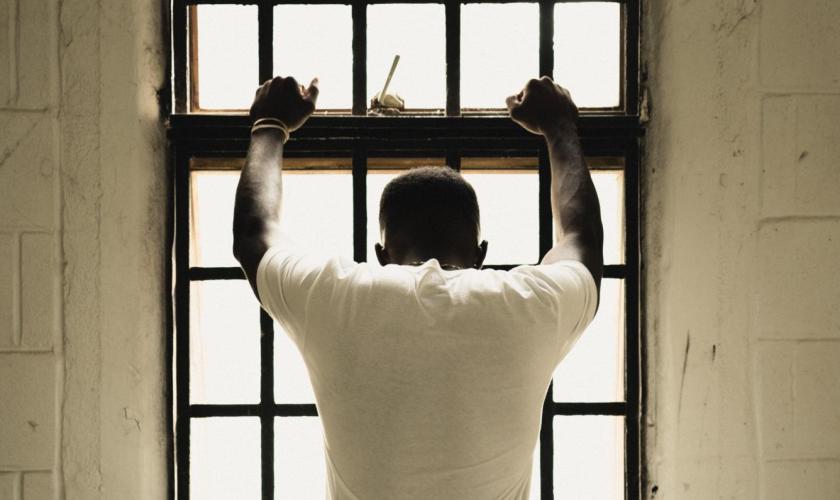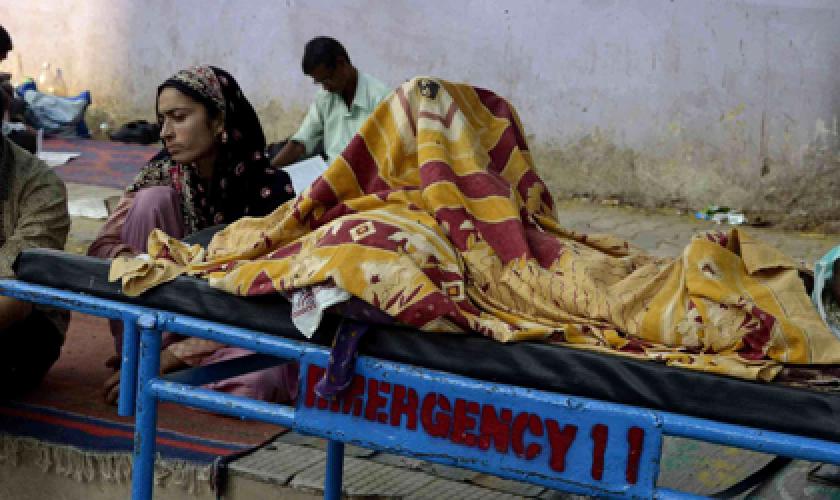BRUSSELS - How do you get declared insanity in Belgium? Journalist Thomas Detombe looked into it and came across serious shortcomings. The decision is made by the judge, who bases it on a psychiatric expert's report. A psychiatrist draws up the report; the judge almost always follows it.
Since 2018, the number of internments is again rising sharply. There are big differences between regions. In Ghent, almost twice as many people are interned as in Antwerp. In 2019-2020, there were 284 judgments. Antwerp counted 145 during the same period. However, both judicial districts have roughly the same number of inhabitants. In Flanders, a personality disorder is often a reason to intern someone; in Wallonia this is much less the case. The way in which culpability and risk of reoffending are assessed varies from expert to expert. Much depends on where you live and which psychiatrist prepares your report.
Expert reports are often prepared after the psychiatrist spoke to the offender for barely 15 minutes. That conversation in many cases takes place in prison, while some suspects are under the influence of drugs or medication. Not ideal circumstances to make an assessment of someone's mental state. Magistrates, lawyers and unpublished research confirm that there are some shortcomings in the expert reports. Some expert reports contain substantive errors and often lack a clear motivation as to why a mental disorder led to certain facts. Judgments and counter-evaluations call internment decisions into question. Some of this may also have to do with difficult working conditions. There is a shortage of psychiatric experts. As a result, a handful of key figures determine the fate of offenders.
Internment or a prison sentence. For the offender in question, it can make a big difference. With internment, mandatory care is imposed, for example in a forensic psychiatric center (FPC). There is no end date; every so often, it is evaluated whether the man or woman still poses a risk to society. If not, they can be released. The practice, however, is not so rosy. In Belgium, more than seven hundred internees are still in prison rather than in an appropriate forensic care setting. Many do not receive appropriate care and have no prospect of release. As a result, internees are sometimes detained for years longer than "ordinary" offenders for the same offenses. In prison, their mental state deteriorates, which ultimately makes counseling and their reintegration into society more difficult. An estimated half of all internees who move on to care from prison return. When the basis for that internment is a report that has all sorts of shortcomings, it is extra painful.
The new Internment Act of 2016 enshrined the right to care. Nevertheless, the position of internees remains dire. Without additional care investments, the European Court of Human Rights will continue to condemn Belgium. Additional care staff in prison will not solve the problem, experts believe. After all, prison can never be a good treatment context.
© unsplash
PRINT/ONLINE
- Getuigenis internering: 'je hebt niets te zeggen', www.sociaal.net, 20 juni 2023.
- Internering: men vergeet te investeren in mensen die het moeilijk hebben, www.sociaal.net, 20 juni 2023.
- Gevangenis of hulpverlening? Te veel mensen die zorg nodig hebben belanden in de cel, www.sociaal.net, 20 juni 2023.
- Internering is een loterij: willekeur, toeval en personeelstekort bepalen lot van daders, EOS Wetenschap, 21 juni 2023.




